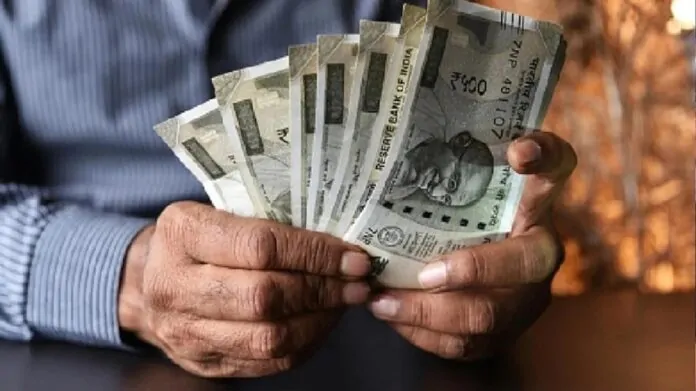Post Office Scheme: You can open a recurring deposit account in the post office. Let us tell you that a minimum investment of Rs 100 can be made in this. In this way it will amount to Rs 1.80 lakh in 5 years. Currently it gives 6.7 percent interest…people are investing their money here in full swing.
Even saving just Rs 100 per day can turn into a huge amount in a few years. Now you would think that if you want to deposit such a small amount then you would invest the money in the post office, but if instead of the post office you invest Rs 100 daily in this scheme, you will get more benefits.
Within just 5 years you will have accumulated an amount of around Rs 2.5 lakh. Let us understand both of these…
You can open a Recurring Deposit Account (RD) in the post office. A minimum investment of Rs 100 can be made in this. In this way it will amount to Rs 1.80 lakh in 5 years. Currently, it offers 6.7 percent interest, although the government changes it every quarter. In such a situation the average comes to 6.5 percent. That means in 5 years you will get interest of Rs 32,972.
Good returns from post office-
If you save Rs 3,000 per month in SIP at the rate of Rs 100 per day instead of post office. Then you will earn interest of Rs 67,459 on a deposit of Rs 1.80 lakh in 5 years. Because of this, average return in SIP is 12 percent per year. Although sometimes it can go up to 18-20 percent. Then your return will be more at Rs 1.80 lakh only.
Will get an amount of Rs 2.5 lakh-
In this way, your deposit of Rs 1.80 lakh in post office RD will reach only Rs 2,12,972. Whereas in SIP this amount will become Rs 2,47,459 in 5 years at a return of 12%. If the SIP return is even a little more than this, your return will be higher.
The thing to keep in mind is that in SIP you have to deposit a minimum of Rs 500 per month, whereas in RD you can open an account by depositing only Rs 100 in a month. Whereas the amount deposited in the post office is guaranteed by the government, the amount deposited in SIP remains subject to stock market risks.


